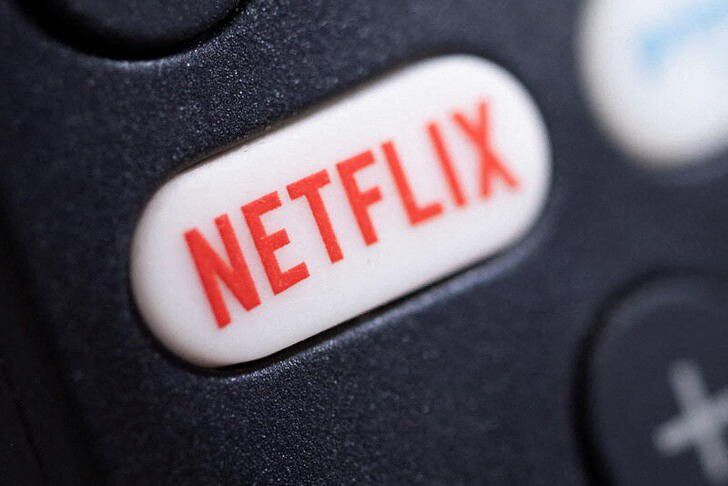180
Even as Netflix Inc executives sought to reassure investors in a Thursday video interview that its long-term prospects for streaming media remain bright, with its popular series “Bridgerton” returning for a second season and a science-fiction film starring Ryan Reynolds coming soon, shares slipped.
By the end of the 45-minute earnings interview, Netflix stock was down more than 20 per cent, casting a pall over the entertainment industry. Wall Street analysts and the company’s own executives struggled to explain why the world’s dominant streaming service forecast modest growth for the first three months of 2022, when many had anticipated a return to predictable, pre-pandemic quarterly gains.
“It’s tough to say exactly why our acquisition hasn’t kind of recovered to pre-Covid levels,” said Netflix CFO Spencer Neumann. “It’s probably a bit of just overall Covid overhang that’s still happening after two years of a global pandemic that we’re still unfortunately not fully out of, some macroeconomic strain in some parts of the world, like Latin America, in particular.”
Stocks of tech and media companies that have invested heavily on streaming, including the Walt Disney Co (DIS.N), ViacomCBS and Roku (ROKU.O), all dropped in after-hours trading.
Netflix projected gains of 2.5 million subscribers in the January through March quarter, roughly two-thirds of the 4 million customers added in the same period a year earlier. Wall Street analysts pointed to heightened competition and a slower-than-anticipated return to normalcy after the distortions of the pandemic as possible factors.
Pivotal Research Group analyst Jeff Wlodarczak said Netflix and other services that added subscribers during the pandemic lockdown in early 2020 – including Disney+ and Peloton – are struggling to regain equilibrium after outsized gains.
“Streaming is not over, it is the future,” Wlodarczak wrote. “And today, streaming still has a relatively small percentage of global television viewership.”
Others saw Netflix’s muted first-quarter forecast as a sign of intensifying competition – though co-CEO Ted Sarandos told investors: “We didn’t see a hit to our engagement. We didn’t see a hit to retention – all of those things that would classically lead you to looking at competition.”
Rival services, such as Disney’s Disney+, WarnerMedia’s HBO Max and Amazon Prime Video, are spending billions on content to attract subscribers.
“The reality is that the streaming market has become saturated,” wrote Mike Proulx, vice president of research for Forrester. “This translates to more choice for consumers, who are growing concerned with the aggregate costs of their streaming subscriptions.”
Though 90 percent of Netflix’s growth is expected to come from outside its home market, analysts are closely tracking how Netflix’s latest price increase, which boosted the cost of a monthly subscription to $15, will affect subscriptions in the United States and Canada.
“Whether Netflix can retain subscribers at historical rates now that their most popular tier costs the same as HBO Max after their most recent price increase will be important to gauge,” wrote Joe McCormack, Analyst at Third Bridge, “As we head into a 2022 year that many seem to believe will come with streaming video subscriber saturation overall.”
Netflix co-Founder Reed Hastings told investors there’s ample room for growth, as streaming gradually replaces traditional television over the next decade or two.
“For now, we’re just like staying calm,” he said.
REUTERS


